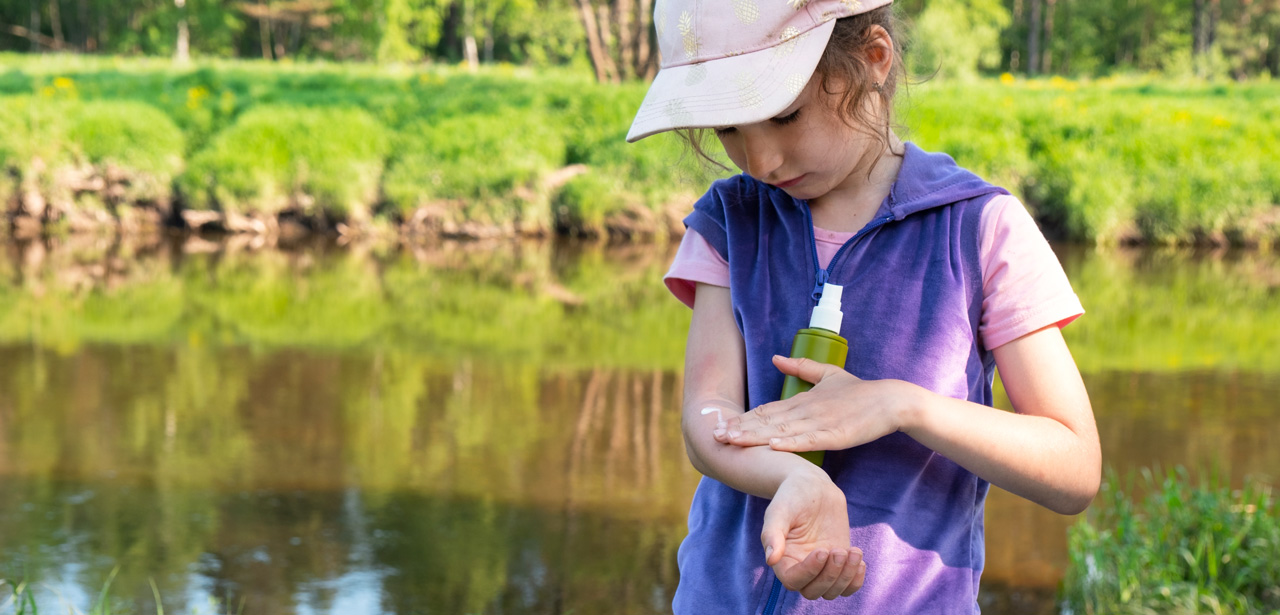Background: adapting the urban environment to heat is a public health priority in the context of climate change. Cities are now considering interventions on specific urban characteristics known to contribute to the urban heat island (UHI) such as vegetation and imperviousness. Objectives: to explore how these urban characteristics influence the temperature-mortality relationship in the Paris region. Methods: we modeled the temperature-mortality relationship for the 1300 municipalities of the region from 1990 to 2015, while including an interaction with indicators that summarize the municipalities" main urban characteristics. Four indicators were tested: lack of green spaces, lack of trees, proportion of impervious surface, and overexposed population to a potential night UHI. Results: the shape of the temperature-mortality relationship was similar across all municipalities, but with a higher slope at the highest temperatures in municipalities with less green spaces, less trees, and more impervious soil. For instance, in Paris and its close suburbs, the relative risk associated with a temperature in the 99th percentile of the temperature distribution (compared to the 50th percentile) was 2.17 [IC95% 1.98:2.38] in municipalities with 40% of their surface covered by trees compared to 2.57 [IC 95% 2.47:2.68] in municipalities with only 3% of their surface covered by trees. Discussion: a lack of vegetation and a high degree of imperviousness were associated with a higher risk of heat-related mortality in the Paris region. Therefore, we can assume that interventions targeting these characteristics could reduce the health impacts of extreme heat. Such interventions should be coupled with other initiatives such as protecting the most vulnerable and promoting appropriate behaviors.
Auteur : Pascal Mathilde, Goria Sarah, Wagner Vérène, Sabastia Marine, Guillet Agnès, Cordeau Erwan, Mauclair Cécile, Host Sabine
Environment International, 2021, vol. 151, p. 1-10


